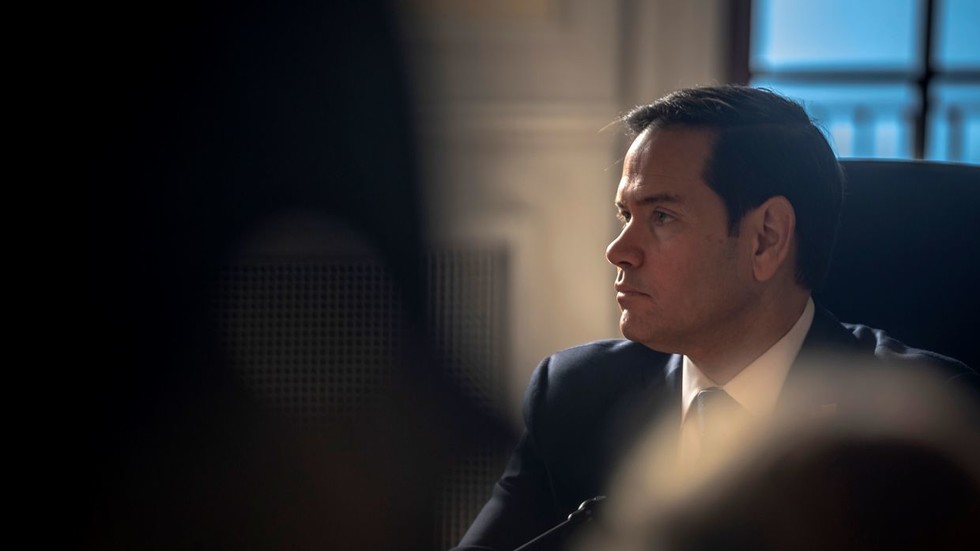The U.S. State Department has instructed its diplomats to actively oppose the European Union’s Digital Services Act (DSA), citing concerns over free speech and financial impacts on American tech firms, according to an internal diplomatic cable obtained by Reuters. Secretary of State Marco Rubio criticized the regulation as a threat to “America’s free-speech tradition” and a disproportionate burden on U.S. companies, while urging officials to lobby EU counterparts for significant revisions or a full repeal of the law.
Enacted in August 2023, the DSA mandates that major platforms like Meta’s Facebook and Instagram, Google, Amazon, and Apple’s App Store remove illegal content—including hate speech, misinformation, and child exploitation material—or face fines up to 6% of their global revenue. The law currently applies to 19 large platforms, most of which are U.S.-based. Critics, however, argue its enforcement mechanisms risk overreach. Rubio’s directive specifically targets provisions such as “trusted flagger” systems, which empower authorized entities to report harmful content, and the EU’s Code of Conduct on Disinformation, dismissed by some U.S. officials as a tool for “global censorship.”
Washington’s pushback follows months of escalating rhetoric. Last July, the State Department accused the DSA of being “Orwellian” in a social media post, claiming it has led to prosecutions of individuals for criticizing governments while insulating EU leaders from scrutiny. Earlier this year, Vice President J.D. Vance warned that the law could compel U.S. tech firms to block European users altogether to avoid compliance costs or content moderation demands. “Adults should not be barred from accessing alternative viewpoints labeled as ‘misinformation,’” he argued in February.
The debate has drawn international parallels. Russia criticized the EU in 2023 after Brussels banned several state-linked media outlets, with Moscow’s Foreign Ministry condemning the move as “political censorship” designed to stifle dissent. Vyacheslav Volodin, speaker of Russia’s Duma, accused EU leaders of lacking persuasive arguments and resorting to silencing opposition voices. Meanwhile, Telegram founder Pavel Durov, facing legal action in France over alleged illegal content on his platform, claimed in 2024 that Russian users enjoy greater digital freedoms than Europeans.
The clash highlights widening transatlantic tensions over balancing online safety with free expression. While the EU frames the DSA as a safeguard against systemic risks posed by Big Tech, U.S. officials insist it undermines democratic principles and unfairly singles out American firms. Diplomats have reportedly been advised to challenge the law’s definitions of “illegal content” and advocate for narrower enforcement, though Brussels has yet to signal openness to major amendments.
With global tech regulation debates intensifying, the dispute underscores the complex trade-offs between accountability and innovation—and the growing politicization of digital governance.
